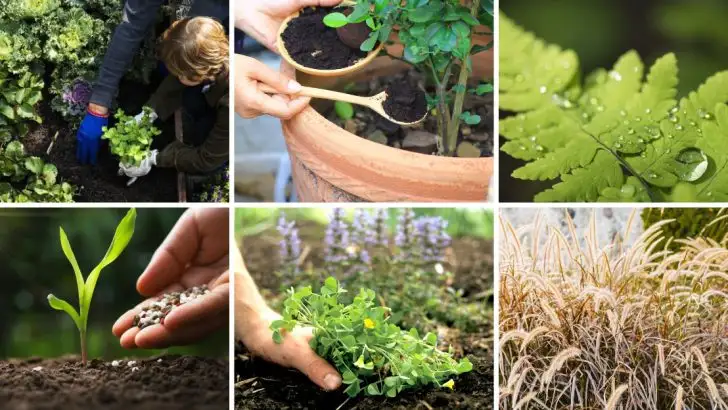Gardening advice tends to get passed around like family recipes—well-meaning, familiar, and sometimes completely outdated. You hear the same tips over and over, so you follow them without questioning if they actually help. The problem is, a lot of this so-called “common knowledge” isn’t all that useful—and some of it might even be doing more harm than good.
From how often to water to what plants really need to thrive, it’s easy to get stuck in habits that aren’t getting you the results you want. Breaking away from a few old ideas could save you time, money, and a lot of frustration. Here are some of the most persistent garden myths that might be holding your garden—and you—back.
“I don’t have a green thumb.”
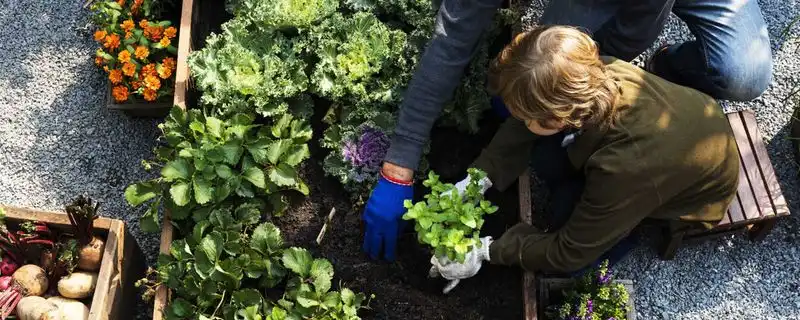
The belief that gardening success is innate is a myth. With dedication, observation, and patience, anyone can become a proficient gardener. Embrace learning from mistakes, as they are valuable assets in your gardening journey. Even seasoned gardeners started as novices, learning through trial and error. Viewing setbacks as opportunities helps cultivate resilience and growth in your gardening endeavors. Gardening is a dynamic process, and nurturing your skills is part of the joy. Engage with the gardening community, read, and experiment. You’ll soon find that the green thumb is less about innate talent and more about passion and persistence.
“Adding sand to clay soil improves drainage.”
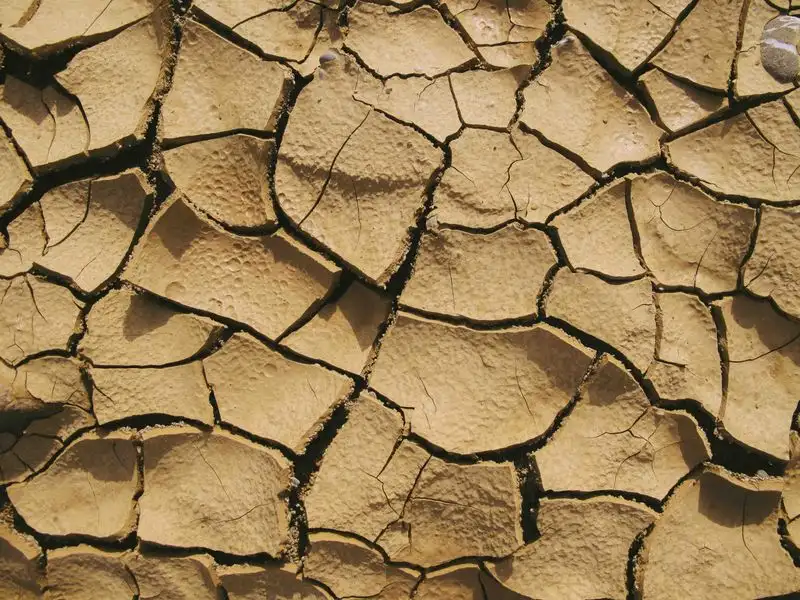
Mixing sand with clay soil can create a cement-like mixture, worsening drainage issues. Instead, incorporate organic matter like compost to enhance soil structure and promote better water movement. The combination of sand and clay often leads to compaction rather than improved drainage, causing more harm than good. Compost, on the other hand, introduces beneficial microbes and enhances soil texture. The organic matter breaks down gradually, enriching the soil and fostering a thriving environment for plants. This method not only improves drainage but also boosts soil fertility, leading to healthier, more vibrant plants.
“Coffee grounds acidify soil.”
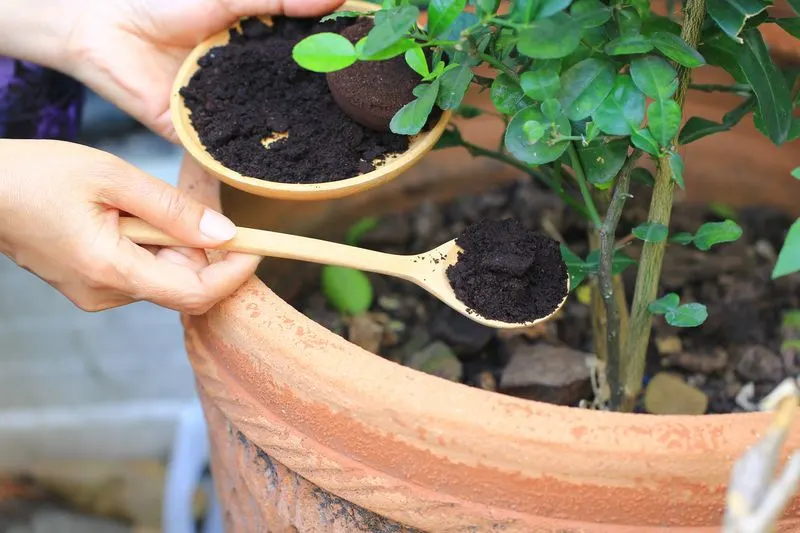
While fresh coffee grounds are acidic, used coffee grounds are neutral. Adding them directly to soil won’t significantly change its pH. It’s more effective to add used coffee grounds to your compost pile. The misconception stems from the acidity of fresh grounds, but once brewed, this property diminishes. Incorporating them into compost provides a nitrogen-rich boost without altering soil acidity. It’s a simple yet effective way to recycle kitchen waste while enriching your garden. By integrating used coffee grounds this way, you contribute to a sustainable cycle, benefiting both your garden and the environment.
“Watering plants in full sun causes leaf burn.”
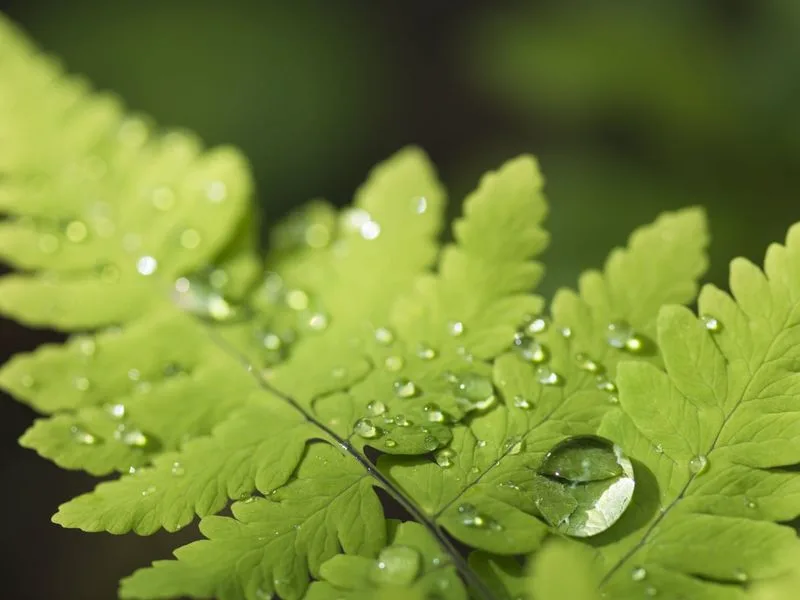
Water droplets on leaves in sunlight do not cause leaf burn. Leaf scorch is more often due to excessive heat or inadequate root watering. Watering early in the morning or late in the afternoon is ideal to minimize evaporation and allow leaves to dry during the day. Common belief suggests that droplets act like magnifying glasses, focusing the sun’s rays, but research disproves this idea. Proper watering techniques focus on delivering moisture to the roots, where it’s needed most. Ensuring soil hydration rather than leaf wetness is the key to preventing heat stress and promoting robust plant health.
“More fertilizer means better growth.”
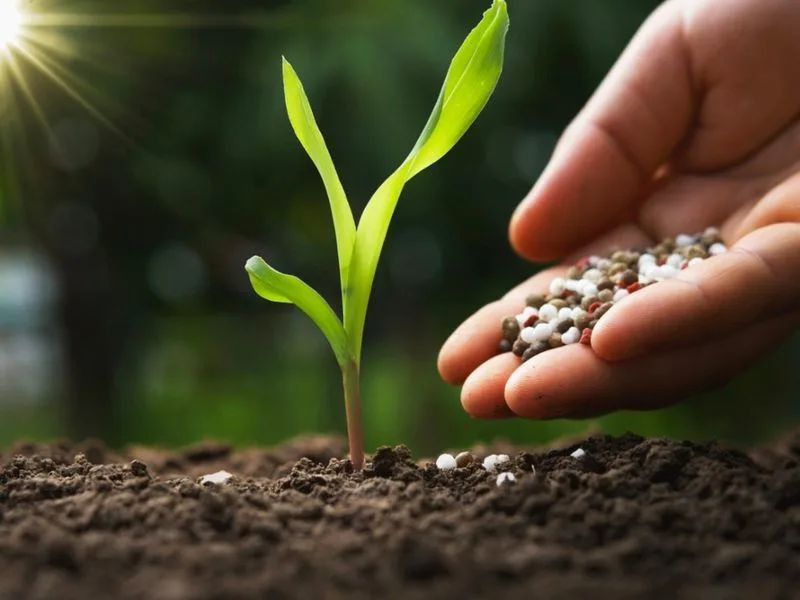
Over-fertilizing can harm plants by burning roots and disrupting soil pH. It’s essential to apply fertilizers according to specific plant needs and soil conditions. More isn’t always better; understanding the right balance is crucial. Excessive nutrients can lead to lush foliage but poor fruiting or flowering. Soil testing is a valuable tool to determine nutrient needs, preventing over-application. By aligning fertilizer use with plant requirements, you support healthy growth without the risk of nutrient imbalance. This approach fosters a thriving garden, where plants receive the precise nourishment they need to flourish beautifully.
“Mulch guarantees no weeds.”
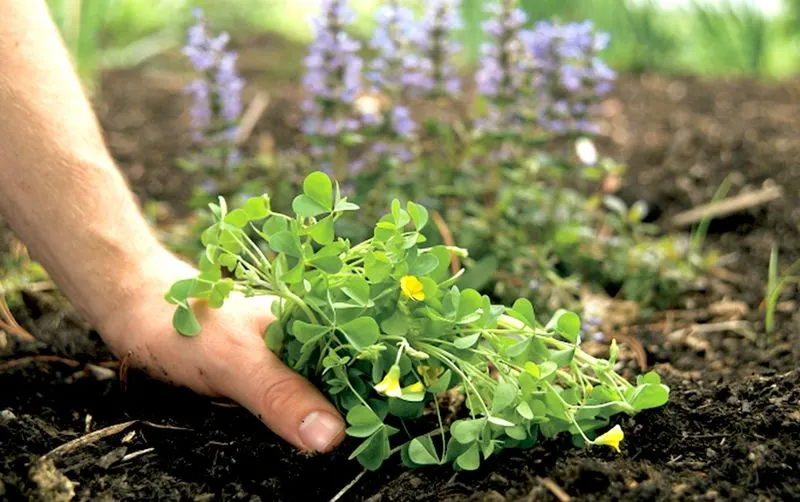
While mulch helps suppress weeds, it doesn’t eliminate them entirely. Regular maintenance to remove emerging weeds is necessary. Mulch also offers benefits like moisture retention and temperature regulation. The protective layer deters weed seeds from germinating by blocking sunlight, but persistent weeds may still find a way through. Utilizing organic mulch enriches the soil as it decomposes, improving nutrient content. Combining mulching with vigilant weeding creates an effective strategy for maintaining a neat and healthy garden. This dual approach not only controls weeds but also enhances soil quality and garden aesthetics.
“Drought-tolerant plants don’t need water.”
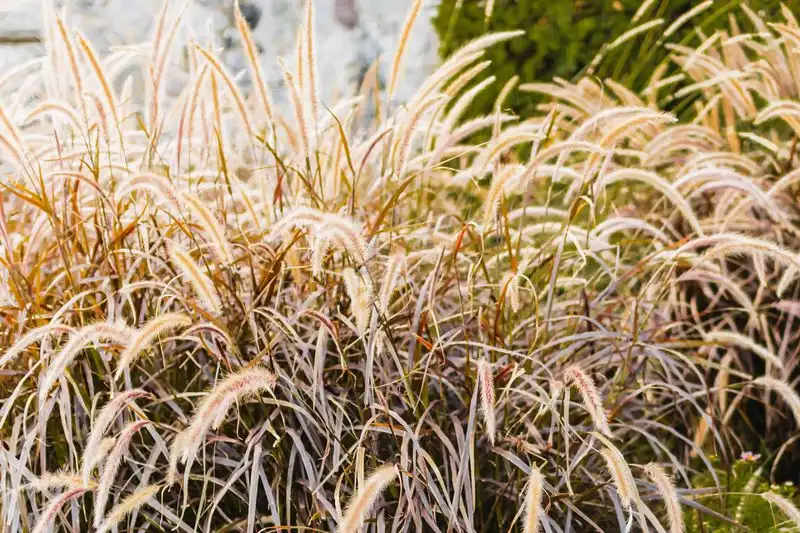
Even drought-tolerant plants require water, especially during establishment and prolonged dry periods. Understanding the specific water needs of these plants is crucial for their health. Initial watering helps them develop strong root systems, essential for enduring dry spells. Although they are adapted to survive with minimal water, completely withholding it can stress the plants, affecting growth and flowering. Strategic watering during critical growth stages supports resilience. By recognizing the balance between natural drought resistance and supplemental watering, you ensure these plants thrive, enhancing their beauty and ecological value in your garden.
“All insects are harmful to plants.”
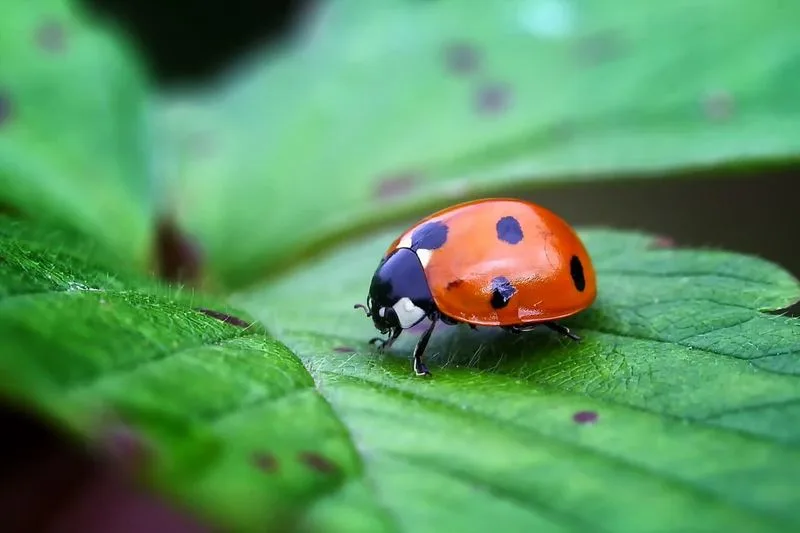
Many insects play beneficial roles, such as pollination and natural pest control. Encouraging a diverse insect population can enhance garden health. Ladybugs, for instance, are voracious aphid predators, keeping pest populations in check. Bees, crucial for pollination, support fruit and seed production. Creating a habitat that attracts these beneficial insects fosters a balanced ecosystem. Simple additions like flowering plants and water sources make your garden a welcoming haven. By understanding the positive roles insects play, you cultivate a thriving environment where natural pest management complements plant growth and biodiversity.
“Planting by the moon guarantees success.”
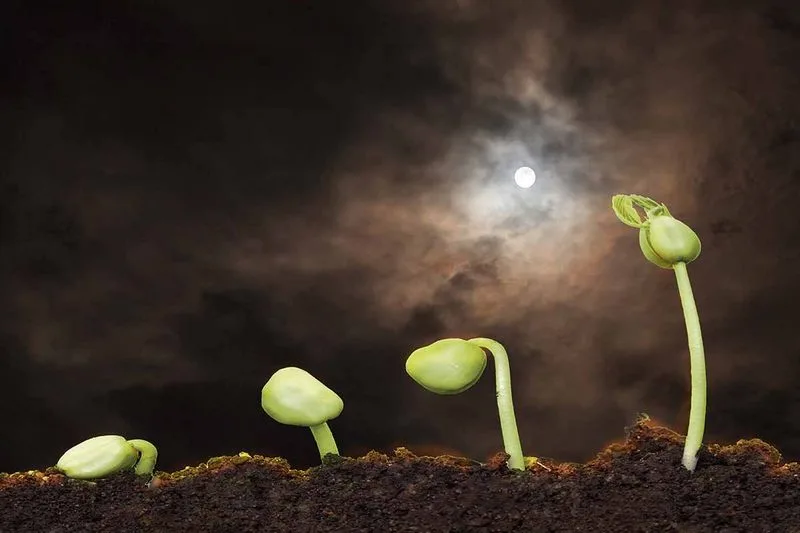
While lunar cycles have been linked to planting times in folklore, scientific evidence supporting this practice is limited. Focusing on proven gardening techniques yields more reliable results. The charm of moon gardening lies in tradition rather than efficacy, making it an intriguing but not essential practice. Embracing methods like soil testing and climate consideration ensures a more successful garden. By combining traditional wisdom with modern science, you strike a balance that respects heritage while achieving tangible results. This holistic approach supports productive gardening, where practices are grounded in both understanding and experience.
“Rocks in pots improve drainage.”
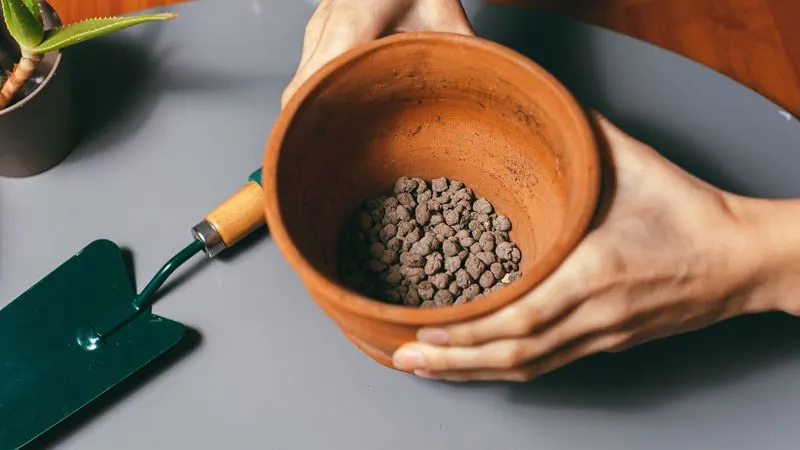
Placing rocks at the bottom of pots can actually impede drainage by reducing the size of the drainage hole. It’s better to use a high-quality potting mix and ensure containers have adequate drainage holes. The common belief that rocks aid drainage is misleading, as water tends to pool above the rock layer. This can lead to waterlogged roots, damaging plant health. Opting for well-draining soil mixes and pots with sufficient drainage enhances root oxygenation and prevents rot. Thoughtful container preparation ensures plants thrive, avoiding pitfalls associated with misguided drainage methods.
“Garden centers never sell invasive species.”
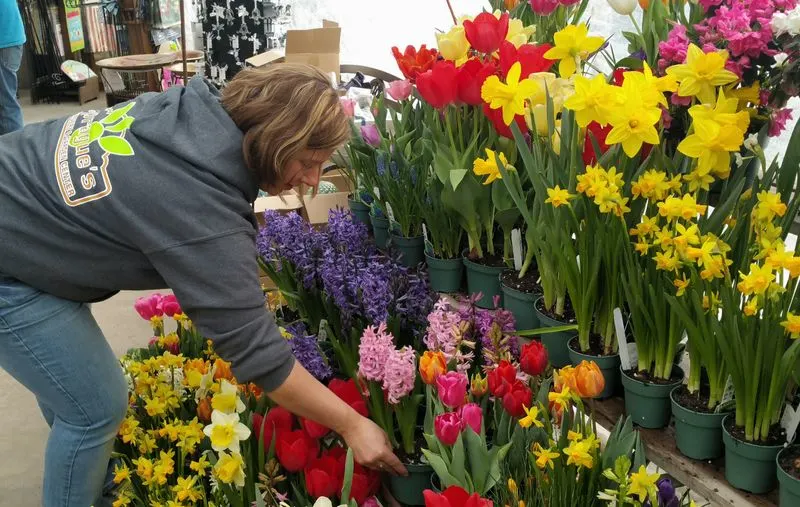
It’s a common misconception that garden centers only sell non-invasive species. However, some popular plants can become invasive in certain climates and habitats. It’s important for gardeners to research plants before purchasing to ensure they’re suitable for their environment. By understanding the invasive potential of certain species, you avoid introducing plants that might overwhelm local ecosystems. Engaging with knowledgeable staff and using native alternatives supports biodiversity and sustainability. This proactive approach helps maintain ecological balance, where informed choices prevent the spread of invasive species, protecting both gardens and the surrounding environment.
“Pruning always stimulates growth.”
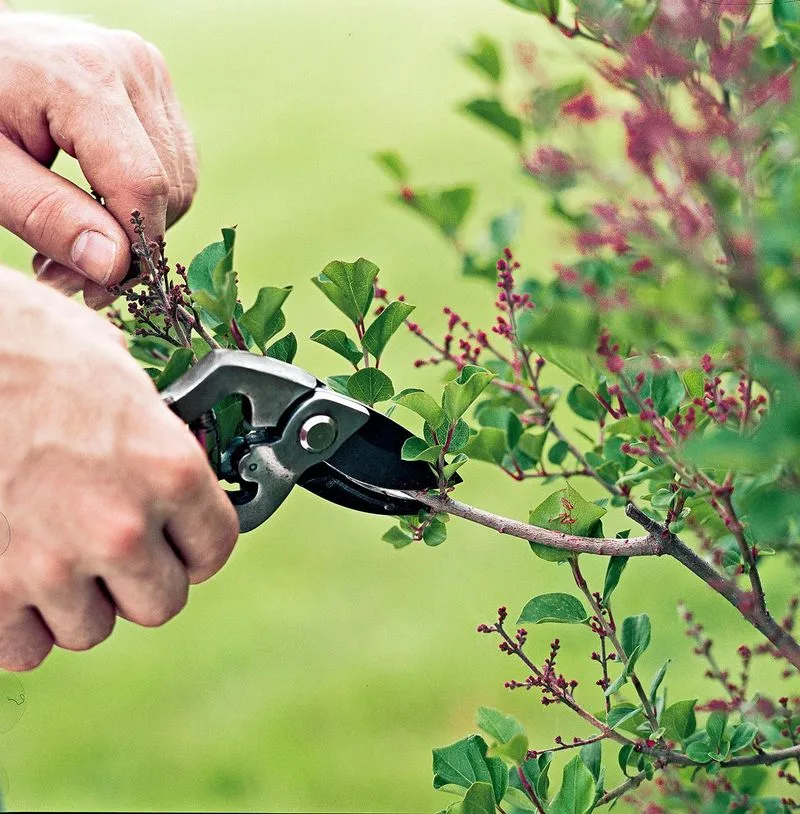
Pruning can stimulate growth, but it depends on timing and technique. Incorrect pruning can stunt growth or harm plants. Understanding plant-specific needs is essential for effective pruning. Seasonal timing plays a crucial role; for instance, pruning in winter often promotes vigorous spring growth. However, improper cuts or over-pruning can stress plants, leading to poor health. Mastering pruning techniques tailored to individual plant species supports healthy rejuvenation and development. By honing these skills, you enhance plant structure and vitality, ensuring your garden flourishes with robust, vigorous growth throughout the seasons.
“Compost piles should never smell.”
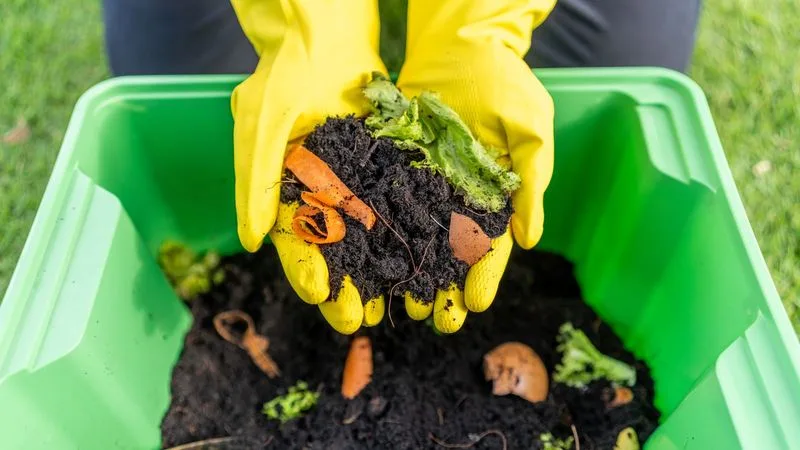
A properly managed compost pile emits an earthy smell, not a foul odor. Offensive smells indicate issues like excess moisture or lack of aeration. Turning the pile regularly ensures even decomposition and prevents anaerobic conditions. Balancing green and brown materials maintains optimal microbial activity, supporting efficient breakdown. Adjusting the ratio or texture of materials can resolve odor problems, leading to nutrient-rich compost. Embracing these practices transforms kitchen waste into garden gold, with the added benefit of reducing landfill contribution. A harmonious balance in your compost pile supports both environmental responsibility and enriched soil vitality.
“Garden pests are always bad.”
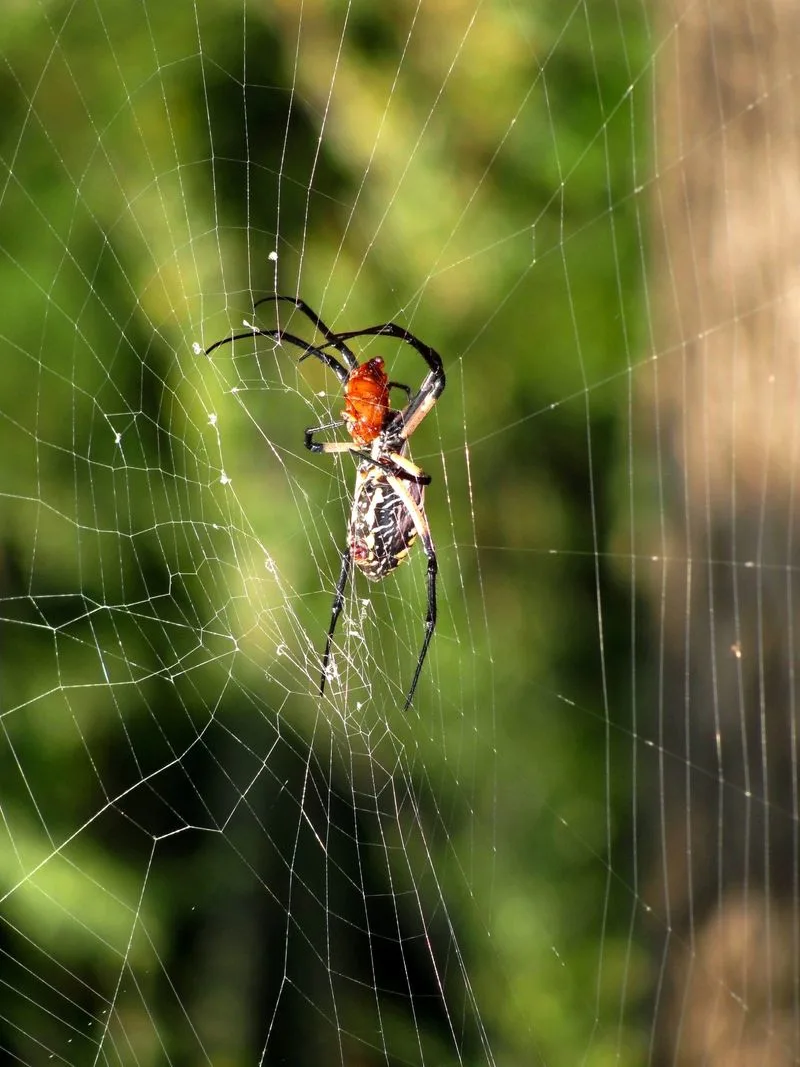
Not all garden pests are detrimental; some play roles in the ecosystem. Predatory insects help manage populations by feeding on harmful pests. Encouraging a balanced garden ecosystem supports natural pest control. For example, spiders and certain beetles are effective at keeping other pest numbers in check. Rather than resorting to chemical solutions, fostering biodiversity can naturally regulate pest populations. This approach emphasizes harmony within your garden, where beneficial insects contribute to a self-sustaining environment. By embracing natural relationships, you reduce the need for interventions, promoting a healthier, more resilient garden.
“Winter soil freezes plants to death.”
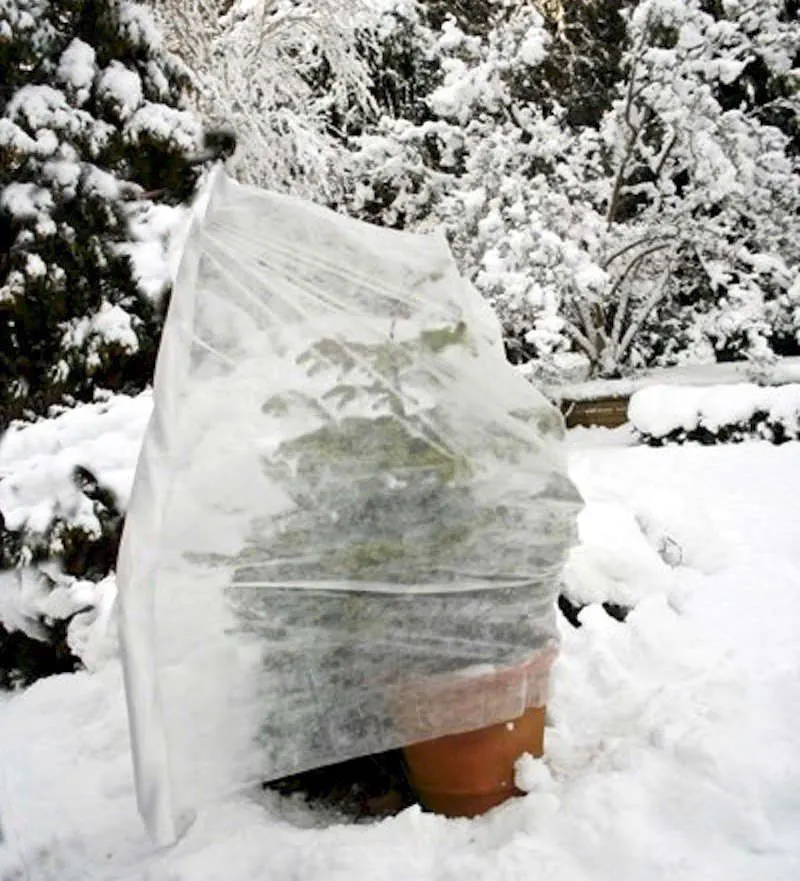
Winter doesn’t necessarily kill plants; many are adapted to cold conditions. Mulching insulates roots, preserving soil warmth. While the surface soil freezes, deeper layers remain unfrozen, protecting root systems. Selecting cold-hardy plants ensures survival during harsh temperatures. Timing is crucial; planting perennials in fall gives them time to establish before winter. With proper care, plants enter dormancy, conserving energy for spring resurgence. Understanding your climate’s challenges allows strategic planning, ensuring a vibrant garden year-round. This knowledge empowers you to cultivate a garden that embraces winter’s chill rather than succumbing to it.
“Organic means pesticide-free.”
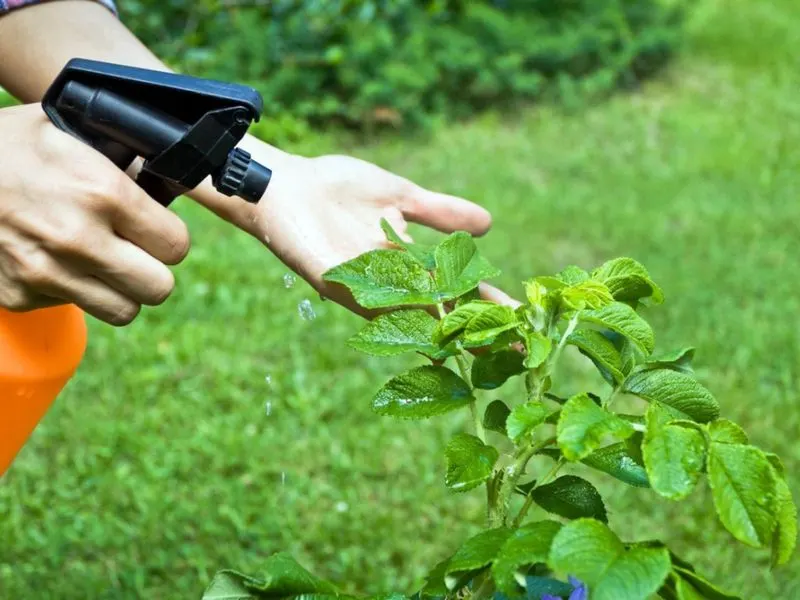
Organic gardening doesn’t equate to pesticide-free; it involves using natural or non-synthetic pesticides. Organic methods prioritize ecological balance and soil health. Techniques like companion planting and crop rotation enhance plant resilience, reducing pest issues. While synthetic chemicals are avoided, organic-approved substances may be used as last resorts. The emphasis is on prevention and using environmentally friendly solutions. By understanding that organic gardening includes thoughtful pest management, you adopt practices that support biodiversity and sustainability. This approach nurtures a thriving garden where plants grow healthily within a balanced ecosystem.
Myth: All Plants Love Coffee Grounds
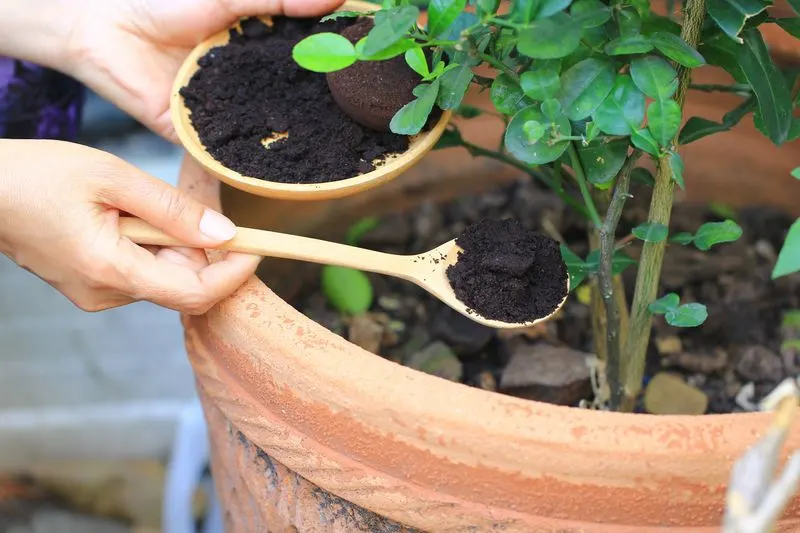
Ever considered sharing your morning brew with your plants? While coffee grounds are touted as the perfect addition to soil, it’s not universal magic. Fresh coffee grounds are acidic and can disrupt pH levels. However, used coffee grounds are pH-neutral and can be beneficial when composted.
Be mindful of the amount and type of plant you’re treating. Some plants thrive with the nitrogen boost, while others may suffer. It’s best to test small amounts first.
Did you know? Coffee grounds can also deter pests like slugs, making them a versatile garden companion.

